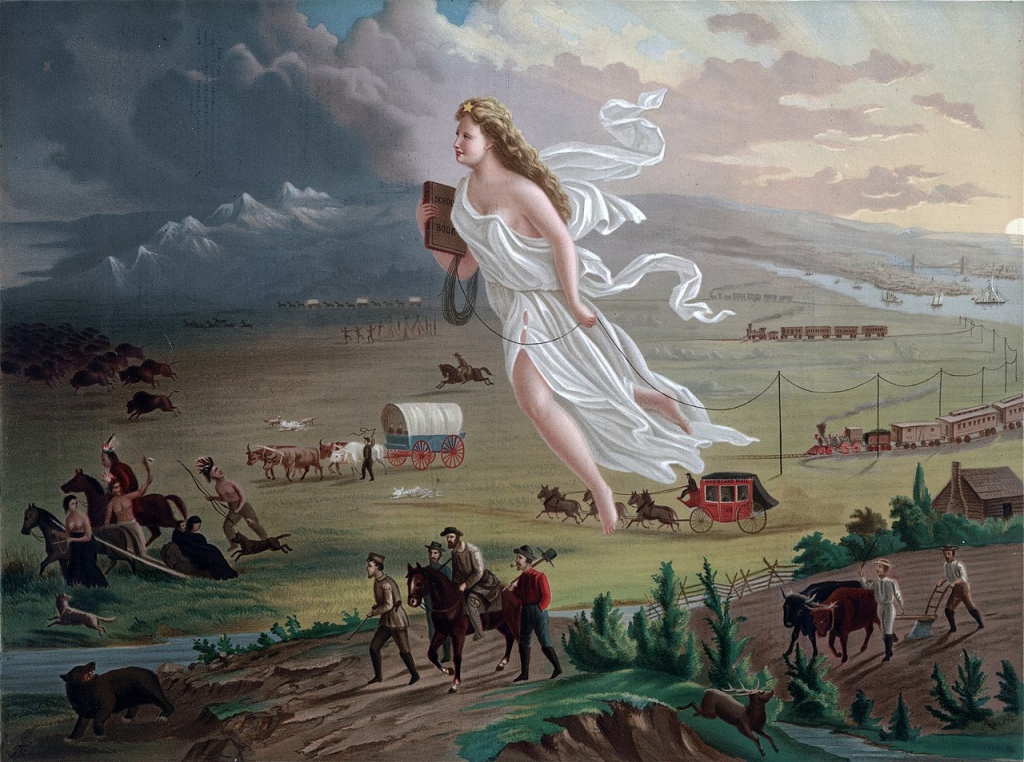No idea could be more erroneous or harmful than to separate foreign from home policy. The monstrous falsity of this separation becomes even more monstrous in war-time. Yet the bourgeoisie are doing everything possible and impossible to suggest and promote this idea. Popular ignorance of foreign policy is incomparably greater than of home policy. The “secrecy” of diplomatic relations is sacredly observed in the freest of capitalist countries, in the most democratic republics.
The Foreign Policy of the Russian Revolution
Tag: Haitian revolution
At Chicago City Council, Gabriel Miller asks ‘why don’t you condemn Israel for its war crimes?’
On October 13, 2023, the Chicago City Council held a meeting to vote on a “Resolution in Solidarity with Israel.” Gabriel Miller was one of the voices who spoke up against the double standard that is being held in favor of Israel and against Palestine.
In the end, Chicago City Council passed the pro-Israel resolution, despite the protests of people like Gabriel.
At Chicago City Council, Gabriel Miller asks ‘why don’t you condemn Israel for its war crimes?’
[2014] 14 African Countries Forced By France To Pay Colonial Tax For The Benefits Of Slavery And Colonization
Did you know many African countries continue to pay colonial tax to France since their independence till today!
14 African Countries Forced By France To Pay Colonial Tax For The Benefits Of Slavery And Colonization
French “civil war”? Or a Gladio operation triggered by US Globalist class?
French “civil war”? Or a Gladio operation triggered by US Globalist class?
Video via Vanessa Beeley
Related:
The connection between RAIR and the Nahel Merzouk ‘protests’ is through the social media Counter-Jihad Movement. 👇
Read More »The Messed Up Truth About The Louisiana Purchase

The Louisiana Purchase is usually presented as an incredible, inspiring moment in American history in which President Thomas Jefferson, wise, benevolent eyes twinkling under his powdery white wig, made an incredibly shrewd real estate deal with notorious, disgraced French emperor Napoleon Bonaparte and, with one stroke of his giant quill pen, doubled the size of the United States of America for the bargain price of $15 million, or just three cents an acre. What we don’t usually learn about is the negative domino effect this treaty had in terms of inspiring the concept of manifest destiny or the belief that white colonists had a God-given duty to expand across North America and redeem and remake the land in their own image.
The Messed Up Truth About The Louisiana Purchase
Dreaming War, Abhorring Peace, the American Way
What Is France Hiding in the Sahel?
BAMAKO, MALI — On the 8th of October, Choguel Maïga, the prime minister of Mali, boldly informed the world that its former colonial power, France, was sponsoring terrorists in the country’s northern region. Standing before dozens of cameras and microphones, he provided details on how the French army had established an enclave in the northern town of Tidal and handed it over to well-known terrorist groups. The revelation was shocking not simply for the serious nature of the accusation but because in past times West African leaders have rarely sparred so openly with the French government. A chain of events simmering in the background for weeks triggered the latest spat.
What Is France Hiding in the Sahel?
Related:
Malians protest French military presence, call for troops withdrawal

You must be logged in to post a comment.